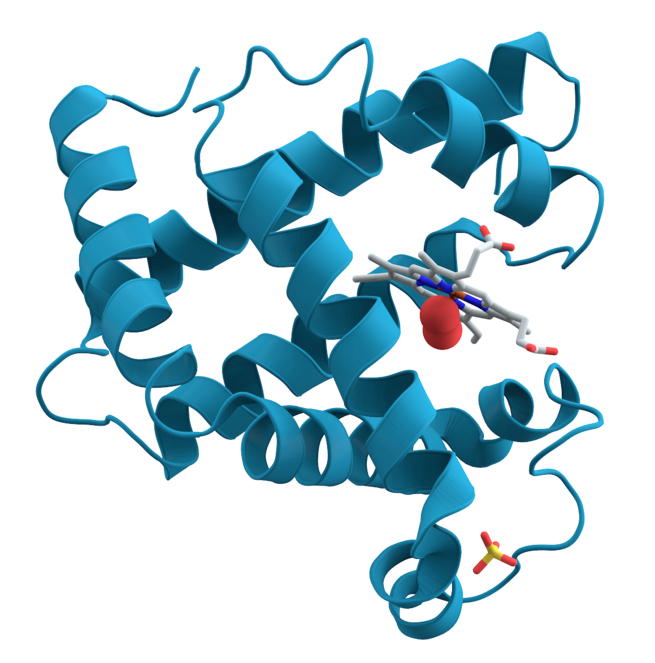

Main Difference
The main difference between Molecular Biology and Biochemistry is that the Molecular Biology is a branch of biology that deals with the molecular basis of biological activity and Biochemistry is a study of chemical processes in living organisms.
-
Molecular Biology
Molecular biology is a branch of biology which concerns the molecular basis of biological activity between biomolecules in the various systems of a cell, including the interactions between DNA, RNA, proteins and their biosynthesis, as well as the regulation of these interactions. Writing in Nature in 1961, William Astbury described molecular biology as:
“…not so much a technique as an approach, an approach from the viewpoint of the so-called basic sciences with the leading idea of searching below the large-scale manifestations of classical biology for the corresponding molecular plan. It is concerned particularly with the forms of biological molecules and […] is predominantly three-dimensional and structural—which does not mean, however, that it is merely a refinement of morphology. It must at the same time inquire into genesis and function.”
-
Biochemistry
Biochemistry, sometimes called biological chemistry, is the study of chemical processes within and relating to living organisms. Biochemical processes give rise to the complexity of life. Biochemistry can be divided in three fields; molecular genetics, protein science and metabolism. Over the last decades of the 20th century, biochemistry has through these three disciplines become successful at explaining living processes. Almost all areas of the life sciences, like botany, medicine and genetics are being uncovered and developed by biochemical methodology and research. Biochemistry focuses on understanding how biological molecules give rise to the processes that occur within living cells and between cells, which in turn relates greatly to the study and understanding of tissues, organs, and organism structure and function
Biochemistry is closely related to molecular biology, the study of the molecular mechanisms by which genetic information encoded in DNA is able to result in the processes of life.
Much of biochemistry deals with the structures, functions and interactions of biological macromolecules, such as proteins, nucleic acids, carbohydrates and lipids, which provide the structure of cells and perform many of the functions associated with life. The chemistry of the cell also depends on the reactions of smaller molecules and ions. These can be inorganic, for example water and metal ions, or organic, for example the amino acids, which are used to synthesize proteins. The mechanisms by which cells harness energy from their environment via chemical reactions are known as metabolism. The findings of biochemistry are applied primarily in medicine, nutrition, and agriculture. In medicine, biochemists investigate the causes and cures of diseases. In nutrition, they study how to maintain health wellness and study the effects of nutritional deficiencies. In agriculture, biochemists investigate soil and fertilizers, and try to discover ways to improve crop cultivation, crop storage and pest control.
-
Molecular Biology (noun)
the branch of biology that studies the macromolecules of life, such as proteins, lipoproteins and nucleic acids
-
Molecular Biology (noun)
the branch of biology that studies the manipulation of genetic sequence of DNA
-
Molecular Biology (noun)
the technology of gene manipulation
-
Biochemistry (noun)
The chemistry of those compounds that occur in living organisms, and the processes that occur in their metabolism and catabolism
“I want to study biochemistry.”
-
Biochemistry (noun)
The chemical characteristics of a particular living organism
“The biochemistries of fungal and bacterial cells are quite distinct.”
-
Biochemistry (noun)
The biochemical activity associated with a particular chemical or condition
“Our study compared the biochemistries of epilepsy and Parkinson’s.”
“The biochemistry of NO differs from that of NO2.”
